by Ken Sehested
Our job, as Christians, is not to bring an end to war. Any more than it’s President Bush’s job to “rid the world of evil.” There is a dangerous arrogance in both sentiments.
Our calling is to speak the truth, to expose propaganda to public scrutiny, to call into question the self-serving justifications, to betray the lie of military necessity.
To those who say this is how it’s always been—and how it always will be, we say No: another future is possible.
If need be, we are prepared to back this claim with our lives. Our confidence stems from these convictions:
•that peace and justice will one day embrace
•that mercy will trump vengeance
•that, as Dr. King preached, “the moral arm of the universe is long but it bends toward justice.”
This, for Christians, is the meaning of the Resurrection.
But we have to keep reminding ourselves of these things. The pressures to conform—to believing in what Walter Wink calls “the myth of redemption violence”—is powerful.
This collection of quotes was assembled for just such a reminder.
§ You can no more win a war than you can win an earthquake. —Jeanette Rankin
§ One of Bonhoeffer’s former theology students wrote him a letter from the Eastern front which tells of liquidating fifty prisoners of war in single day, of shooting women and children in the back of the neck for sneaking food to the captured and of burning down entire villages. All these action, which by Nuremberg standards would qualify as war crimes, are defended in anxious tones by Bonhoeffer’s young correspondent as having been committed because of “military necessity.” —George Hunsinger
§ Show me who makes a profit from war and I will show you how to stop war. —Henry Ford
§ I was in the East End of London (a working-class quarter) yesterday and attended a meeting of the unemployed. I listened to the wild speeches, which were just a cry for “bread! bread!” and on my way home I pondered over the scene and I became more than ever convinced of the importance of imperialism. . . . My cherished idea is a solution for the social problem, i.e. in order to save the 40,000,000 inhabitants of the United Kingdom from a bloody civil war, we colonial statesmen must acquire new markets for the goods produced in the factories and mines. The Empire, as I have always said, is a bread and butter question. If you want to avoid civil war, you must become imperialists. —Cecil Rhodes, the millionaire British capitalist for whom Rhodesia [now Zimbabwe] was named
§ No triumph of peace is quite so great as the supreme triumphs of war. —U.S. President Theodore Roosevelt
§ When the rich wage war it is the poor who die. —Jean-Paul Sartre
§ Every gun that is made, every warship launched, every rocket fired signifies, in the final sense, a theft from those who hunger and are not fed, those who are cold and are not clothed. This world in arms is not spending money alone. It is spending the sweat of its laborers, the genius of its scientists, the hopes of its children. —U.S. President Dwight D. Eisenhower
§ Every piece of this [war] is bullshit. They call this war a cloud over the land. They made the weather, then they stand in the rain and say, “Shit, it’s raining.” —Ruby Thewes (played by Renee Zellweger), in the movie Cold Mountain
§ Those who died in war were better off than those who died later, who starved slowly to death, with no food to keep them alive. —Lamentations 4:9
§ O, that we who declare war against wars, and acknowledge our trust to be in God only, may walk in the light, and therein examine our foundation and motives in holding onto money! May we look upon our estates, our treasures, the furniture of our houses, and our garments, and try whether the seeds of war have nourishment in these, our possessions. —John Woolman, 18th century Quaker
§ We're making enemies faster than we can kill them. —bumper sticker
§ We have grasped the mystery of the atom and rejected the Sermon on the Mount….Ours is a world of nuclear giants and ethical infants. —General Omar Bradley
§ The past is prophetic in that it asserts loudly that wars are poor chisels for carving out peaceful tomorrows. One day we must come to see that peace is not merely a distant goal that we seek, but means by which we arrive at that goal. —Martin Luther King Jr.
§ A church that is not able to take a firm stand against war is not a church which deserves to be believed. —Harvey Cox
§ In modern warfare, seven children die for every soldier. —1993 United Nations report
§ It must now be obvious that we cannot live in a free, pluralistic society, enjoying our CD players and eating at Burger King and driving cars from every point on the globe without realizing that there must be a cost for such freedom. . . . —1991 letter during the Gulf War to the editor, Memphis, TN, from a military surgeon
§ And when it was claimed / The war had ended, it had not ended. —Denise Levertov
§ When I pray for peace, I pray not only that the enemies of my own country may cease to want war, but above all that my own country will cease to do the things that make war inevitable. —Thomas Merton
§ War is not an accident. It is the logical outcome of a certain way of life. If we want to attack war, we have to attack that way of life.” —A. J. Muste
§ Beware the leader who bangs the drums of war in order to whip the citizenry into a patriotic fervor, for patriotism is indeed a double-edged sword. It both emboldens the blood, just as it narrows the mind…. And when the drums of war have reached a fever pitch and the blood boils with hate and the mind has closed, the leader will have no need in seizing the rights of the citizenry. Rather, the citizenry, infused with fear and blinded with patriotism, will offer up all of their rights unto the leader, and gladly so. How do I know? For this is what I have done. And I am Caesar. —William Shakespeare
§ War is good for the economy like cannibalism is nutritious. —George Bernard Shaw
§ I am sick and tired of war. Its glory is all moonshine. It is only those who have neither fired a shot nor heard the shrieks and groans of the wounded who cry aloud for blood, for vengeance, for desolation. War is hell. —General William Tecumseh Sherman
§ Give in to your anger. With each passing moment, you make yourself more my servant. —Emperor Palpatine in “Star Wars”
§ Our strategy should be not only to confront empire, but to lay siege to it. To deprive it of oxygen. To shame it. To mock it. With our art, our music, our literature, our stubbornness, our joy, our brilliance, our sheer relentlessness—and our ability to tell our own stories. Stories that are different from the ones we’re being brainwashed to believe. —Arundhati Roy, Indian novelist
§ War is God's way of teaching Americans geography. —Ambrose Bierce
§ Recalling cynically those politicians who gush on about gallantry and sacrifice in warfare, E.B. Sledge, a veteran of the World War II campaigns at Peleliu and Okinawa wrote, “The words seemed so ridiculous. Only the flies benefited.”
§ According to U.N. Development Fund for Women, 15 percent of wartime casualties in World War I were civilians. In World War II, 65 percent were civilians. By the mid ’90s, over 75 percent of wartime casualties were civilians. . . . In Iraq, for every dead U.S. soldier, there are 14 other deaths, 93 percent of them are civilian. . . . —Sr. Joan Chittister
§ Between 1800 and 1934, U.S. Marines staged 180 landings abroad. And that’s not even counting the Indian wars the army was fighting every year until 1890. —Max Boot
§ War is a racket. It always has been. It is possibly the oldest, easily the most profitable, surely the most vicious. —Major General Smedley Butler, US Marines (retired)
§ Every war when it comes, or before it comes, is represented not as a war but as an act of self-defense against a homicidal maniac. —George Orwell
§ Here’s what I think the truth is: We are all addicts of fossil fuels in a state of denial. And like so many addicts about to face cold turkey, our leaders are now committing violent crimes to get what little is left of what we’re hooked on. —Kurt Vonnegut
§ We used to wonder where war lived, what it was that made it so vile. And now we realize that we know where it lives, that it is inside ourselves. —Albert Camus
§ Christians love their enemies because God does so, and commands his followers to do so. That is the only reason, and that is enough. —John Howard Yoder
§ I took part in organizing a silent worship service in the gallery of the U.S. Senate, while the legislators below us debated and voted for more funding for the war [in Vietnam]. When the vote was over, we were arrested on a charge of "praying without a permit." —David Hartsough
§ Peace is not just the absence of war. . . . Like a cathedral, peace must be constructed patiently and with unshakable faith. —"The Challenge of Peace: Gods Promise and Our Response," American Catholic Bishops pastoral letter, quoting Pope John Paul II
§ Force is as pitiless to the man who possesses it, or thinks he does, as it is to its victims; the second it crushes, the first it intoxicates. The truth is, nobody really possesses it. —Simone Weil
§ Peace plans its strategy and encircles the enemy. / Peace marshals its forces and storms the gates. / Peace gathers its weapons and pierces the defense. / Peace, like war, is waged. / But Christ has turned it all around: / the weapons of peace are love, joy, goodness, long-suffering; / the arms of peace are justice, truth, patience, prayer; / the strategy of peace brings safety, welfare, happiness; / the forces of peace are the sons and daughters of God. —Walker Knight
§ What causes wars? Is it not your longings and lusts? You desire and do not have; so you kill. And your covet and cannot obtain, so you wage war. —James 4:1-2
§ Perhaps it is true that certain violent remedies employed against tyrants have put an end to certain forms of evil, but they have not eliminated evil. Evil itself will take root elsewhere, as we have seen through history. The fertilizer that stimulates its growth is yesterday’s violence. Even “just wars” and “legitimate defense” bring vengeance in their train. Fresh crimes invariably ensue. . . . But the future of the person who turns to God is not determined by the past, and therefore neither is the future of humanity. God’s forgiveness creates the possibility of an entirely new future. The cross breaks the cycle of violence. —André Trocmé
§ The "War on Terror" is like trying to eradicate cancer cells with a blow-torch. —Sir Michael Howard
§ War against a foreign country only happens when the moneyed classes think they are going to profit from it.” —George Orwell
§ Then I saw a new heave and a new earth. And I heard a loud voice saying, “See, the home of God is among mortals. God will wipe away every tear, and death shall be no more, neither shall there be mourning nor crying nor pain any more, for the former things have passed away.” —Rev. 21:1-4
18 March 2007, Circle of Mercy Congregation, Asheville, NC
© Ken Sehested @ prayerandpolitiks.org


 who got married in the province which is near the Syrian border last week, invited some of those refugees who have fled the country since the civil war which began four years ago. "We thought that on such a happy day, we would share the wedding party with our Syrian brothers and sisters.” —Raziye Akkoc, “
who got married in the province which is near the Syrian border last week, invited some of those refugees who have fled the country since the civil war which began four years ago. "We thought that on such a happy day, we would share the wedding party with our Syrian brothers and sisters.” —Raziye Akkoc, “ ¶ Intercession. “
¶ Intercession. “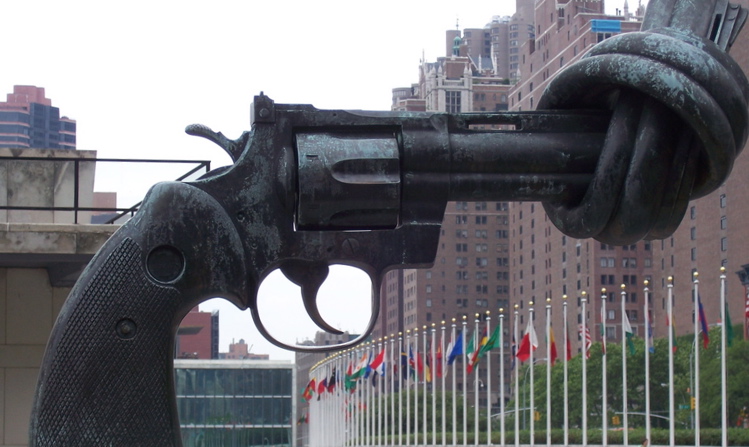 “The Knotted Gun” sculpture (right), in front of the United Nations building in New York. The artist, Carl Fredrik Reuterswärd, created the sculpture as a response to the killing of his friend John Lennon. It was donated to the UN in 1988 by the government of Luxembourg.
“The Knotted Gun” sculpture (right), in front of the United Nations building in New York. The artist, Carl Fredrik Reuterswärd, created the sculpture as a response to the killing of his friend John Lennon. It was donated to the UN in 1988 by the government of Luxembourg. ¶ Can’t make this sh*t up. A company in Florida is selling a “Christian” AR-15 assault rifle with a Crusader’s cross etched on one side and Psalm 144:1 on the other: "Blessed be the Lord my Rock, who trains my hands for war, my fingers for battle." Named “The Crusader,” the gun also features a three setting trigger control labeled Peace, War, and God Wills It. —Henry Pierson Curtis, “
¶ Can’t make this sh*t up. A company in Florida is selling a “Christian” AR-15 assault rifle with a Crusader’s cross etched on one side and Psalm 144:1 on the other: "Blessed be the Lord my Rock, who trains my hands for war, my fingers for battle." Named “The Crusader,” the gun also features a three setting trigger control labeled Peace, War, and God Wills It. —Henry Pierson Curtis, “ ¶ “Problem is, gun owners’ interests are represented . . . by the National Rifle Association, an extremist gang. . . . So long as the NRA has such an outsized voice in this debate, so long as politicians, unencumbered by conscience or vertebrae, tremble to its call, and so long as many of us are silent and supine in the face of that obscenity, Hodges is right.” —Leonard Pitts, “
¶ “Problem is, gun owners’ interests are represented . . . by the National Rifle Association, an extremist gang. . . . So long as the NRA has such an outsized voice in this debate, so long as politicians, unencumbered by conscience or vertebrae, tremble to its call, and so long as many of us are silent and supine in the face of that obscenity, Hodges is right.” —Leonard Pitts, “ ¶ “Last week a police officer in London shot and killed a man. It was the first fatal shooting by British police since 2011. Police officers in the US have killed 776 people thus far this year.” —Lauren McCauley, “
¶ “Last week a police officer in London shot and killed a man. It was the first fatal shooting by British police since 2011. Police officers in the US have killed 776 people thus far this year.” —Lauren McCauley, “ ¶ Preach it. “
¶ Preach it. “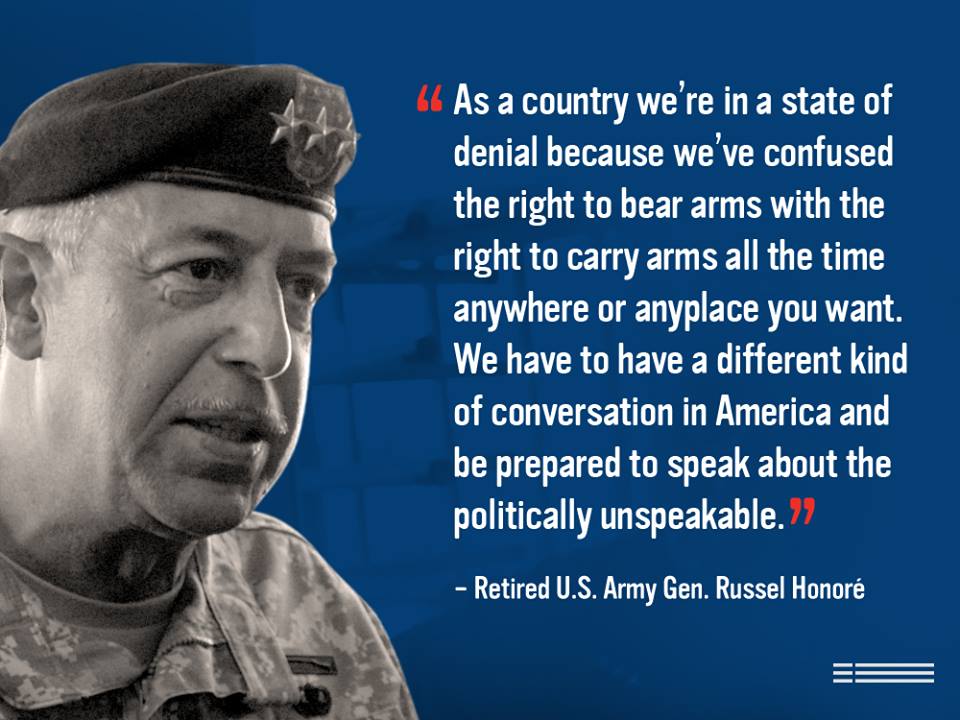 history." —Nicholas Kristof, Thursday 27 August 2015, New York Times
history." —Nicholas Kristof, Thursday 27 August 2015, New York Times quantity of arms, ammunition and camp equipage.” —for more information, see Navy Vet Terp, “
quantity of arms, ammunition and camp equipage.” —for more information, see Navy Vet Terp, “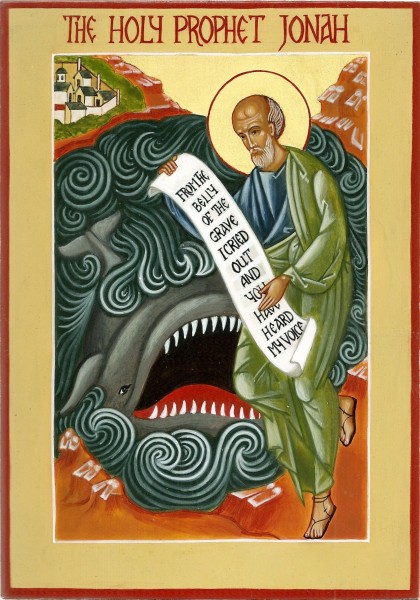 Second, every year on Yom Kippur afternoon the book of Jonah is read in synagogues around the world. Jonah’s is the tale of God’s unremitting mercy, a mercy so severe that it scandalizes the prophet himself, who is still stuck with the customary human assumption that you get what you earn, you reap only what you sow, your sum always equals your parts.
Second, every year on Yom Kippur afternoon the book of Jonah is read in synagogues around the world. Jonah’s is the tale of God’s unremitting mercy, a mercy so severe that it scandalizes the prophet himself, who is still stuck with the customary human assumption that you get what you earn, you reap only what you sow, your sum always equals your parts.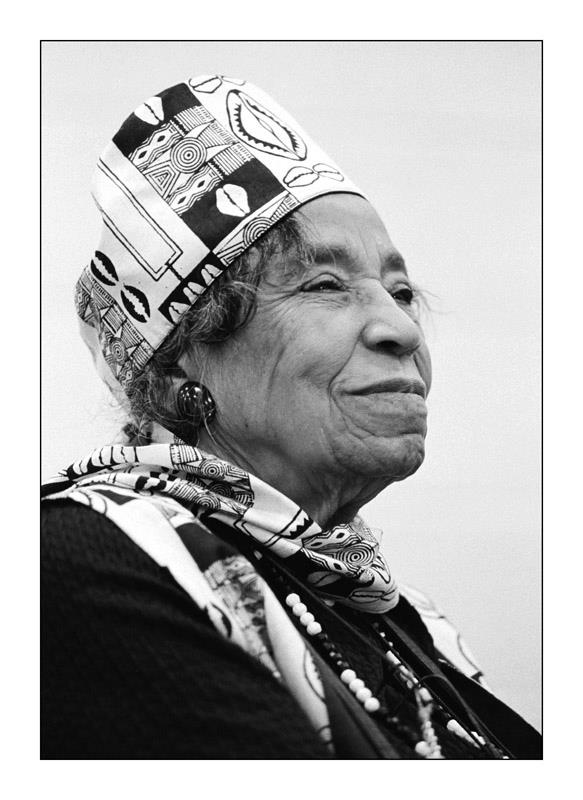 Sunday” confrontation at the Edmund Pettus Bridge in Selma, Ala., shocked the nation, died 26 August at a hospital in Montgomery, Ala. She was 104. This past March she again crossed the Pettus Bridge, in a wheelchair and holding hands with President Obama, on the 50th anniversary of that historic event. —See Andrea Germanos, “
Sunday” confrontation at the Edmund Pettus Bridge in Selma, Ala., shocked the nation, died 26 August at a hospital in Montgomery, Ala. She was 104. This past March she again crossed the Pettus Bridge, in a wheelchair and holding hands with President Obama, on the 50th anniversary of that historic event. —See Andrea Germanos, “ ¶ Along with many of you I’ve been haunted of late by a single photograph, of 3-year-old Aylan Kurdi, from Syria, lying in the surf of a Turkish beach, lifeless, having drowned along with his brother and mother while attempting to reach Greece on a rickety boat that capsized. His body looks serene, very much like those of my own babies and grandbabies when fast asleep. Only Aylan is drenched, face down in the surf, a wave lapping at his head, breathless.
¶ Along with many of you I’ve been haunted of late by a single photograph, of 3-year-old Aylan Kurdi, from Syria, lying in the surf of a Turkish beach, lifeless, having drowned along with his brother and mother while attempting to reach Greece on a rickety boat that capsized. His body looks serene, very much like those of my own babies and grandbabies when fast asleep. Only Aylan is drenched, face down in the surf, a wave lapping at his head, breathless.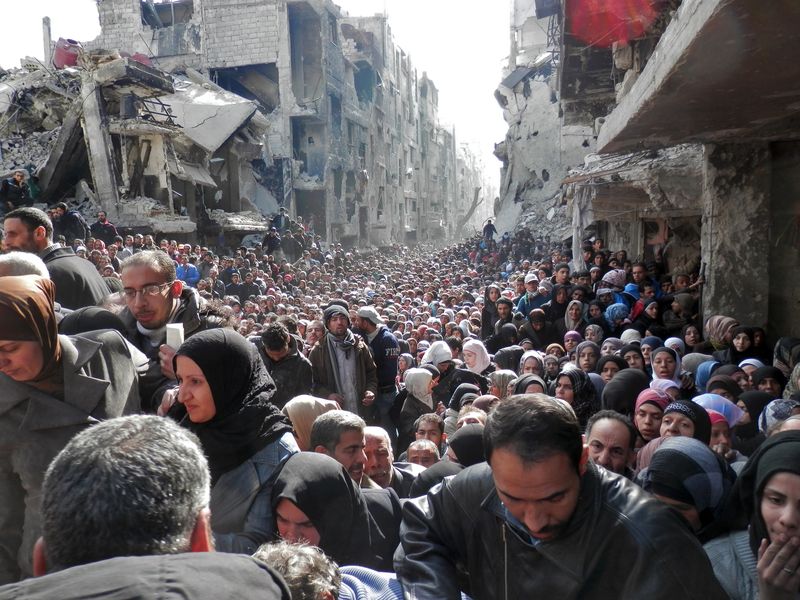 said the number of people forcibly displaced at the end of 2014 had risen to a staggering 59.5 million compared to 51.2 million a year earlier and 37.5 million a decade ago.
said the number of people forcibly displaced at the end of 2014 had risen to a staggering 59.5 million compared to 51.2 million a year earlier and 37.5 million a decade ago.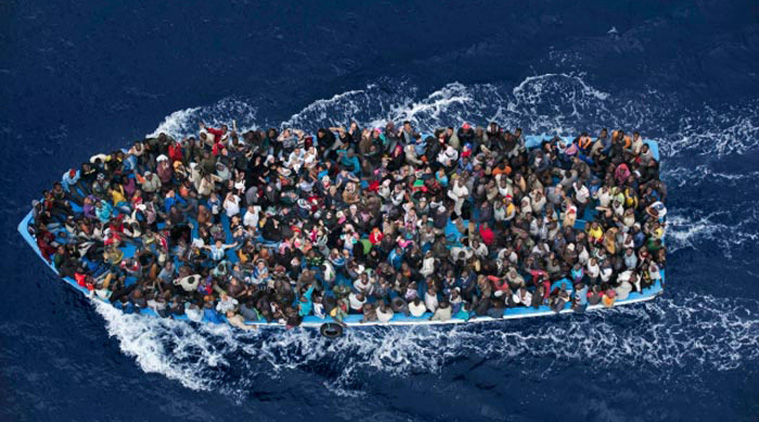 ¶ Some additional notes about the current refugee crisis:
¶ Some additional notes about the current refugee crisis: ¶ Call to confession. “
¶ Call to confession. “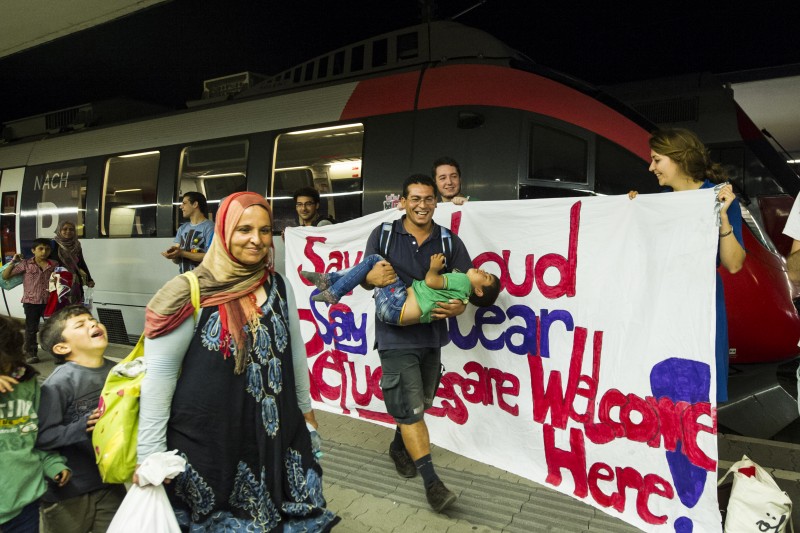 •Sweden was the first EU country to take in Syrian refugees, back in 2012, and ranks highest in the number admitted as a proportion of population.
•Sweden was the first EU country to take in Syrian refugees, back in 2012, and ranks highest in the number admitted as a proportion of population. ¶ Serious yogurt. Hamdi Ulukaya, founder of Chobani, the popular Greek-style Yogurt, has pledged
¶ Serious yogurt. Hamdi Ulukaya, founder of Chobani, the popular Greek-style Yogurt, has pledged 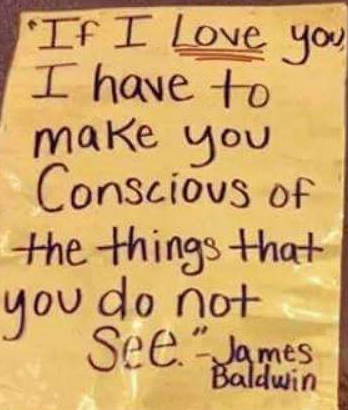 ¶ “For years, the European Union kept refugees out of sight and out of mind by paying Libyan dictator Moammar Gadhafi's government to intercept and turn back migrants that were heading for Europe. Gadhafi was something like Europe's bouncer, helping to bar refugees and other migrants from across Africa. His methods were terrible: Libya imprisoned migrants in camps where rape and torture were widespread. But Europe was happy to have someone else worrying about the problem. When Libya's uprising and Western airstrikes ousted Gadhafi in 2011, Libya collapsed into chaos.” —Max Fisher and Amanda Taub, “
¶ “For years, the European Union kept refugees out of sight and out of mind by paying Libyan dictator Moammar Gadhafi's government to intercept and turn back migrants that were heading for Europe. Gadhafi was something like Europe's bouncer, helping to bar refugees and other migrants from across Africa. His methods were terrible: Libya imprisoned migrants in camps where rape and torture were widespread. But Europe was happy to have someone else worrying about the problem. When Libya's uprising and Western airstrikes ousted Gadhafi in 2011, Libya collapsed into chaos.” —Max Fisher and Amanda Taub, “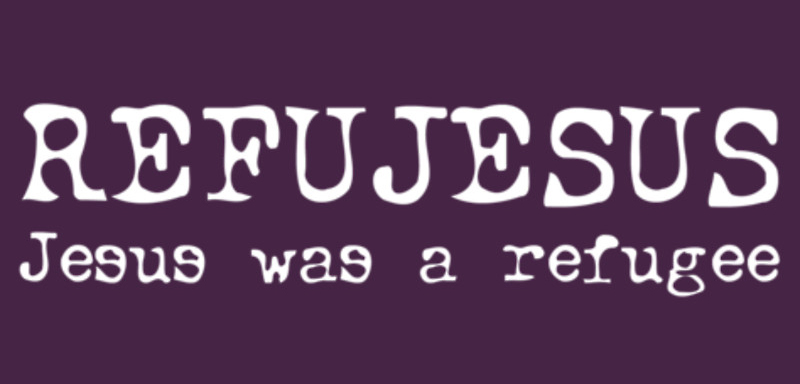 minister so frequently references . . . is crystal clear about the absolute priority of our obligation to refugees. For the moral imagination of the Hebrew scriptures was determined by a battered refugee people, fleeing political oppression in north Africa, and seeking a new life for themselves safe from violence and poverty.” —Giles Fraser, "
minister so frequently references . . . is crystal clear about the absolute priority of our obligation to refugees. For the moral imagination of the Hebrew scriptures was determined by a battered refugee people, fleeing political oppression in north Africa, and seeking a new life for themselves safe from violence and poverty.” —Giles Fraser, " ¶ For the savvy investor, conflict can be profitable. “Let’s paint a picture of the world right now,” Epstein says. “You’ve got the Europeans worried about what the Russians are doing in their backyard; we’ve got our hands full right now in Iraq; you’ve got the Israelis with their hands full in their region; and then you have the Chinese and Japanese in the South China Sea. As an investor [in the defense industry], with this much regional conflict in the world . . . that can’t be bad.” —Bank of America analyst Ronald Epstein in Tory Newmyer, “
¶ For the savvy investor, conflict can be profitable. “Let’s paint a picture of the world right now,” Epstein says. “You’ve got the Europeans worried about what the Russians are doing in their backyard; we’ve got our hands full right now in Iraq; you’ve got the Israelis with their hands full in their region; and then you have the Chinese and Japanese in the South China Sea. As an investor [in the defense industry], with this much regional conflict in the world . . . that can’t be bad.” —Bank of America analyst Ronald Epstein in Tory Newmyer, “ ¶ Pictured at right: “Rice fields in Manali,” Himachal Pradesh, India, photo by Ahmed Labib. Other stunning photos of sculpted fields in Asia can be found
¶ Pictured at right: “Rice fields in Manali,” Himachal Pradesh, India, photo by Ahmed Labib. Other stunning photos of sculpted fields in Asia can be found  ¶ Intercession. Prayers for students and teachers, school board members, PTAs, and the day when public appreciation for educators is matched by every legislature's budgetary resolve—even if it means the Pentagon has to supplement its appropriation with bake sales.
¶ Intercession. Prayers for students and teachers, school board members, PTAs, and the day when public appreciation for educators is matched by every legislature's budgetary resolve—even if it means the Pentagon has to supplement its appropriation with bake sales. (“The Great One”) from "McKinley" reverses what started out as a political joke. The pork-barrel name (McKinley never had any connection to Alaska) stuck even after Alaska’s legislature returned to the original name in 1980. —For more background, see “
(“The Great One”) from "McKinley" reverses what started out as a political joke. The pork-barrel name (McKinley never had any connection to Alaska) stuck even after Alaska’s legislature returned to the original name in 1980. —For more background, see “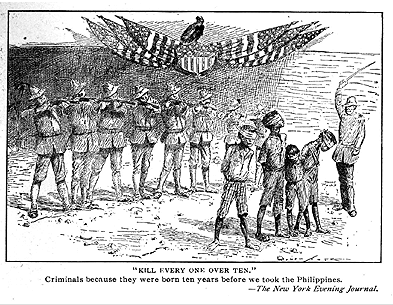 When the country’s revolutionary government declared its independence, McKinley, with congressional approval, launched the Philippine-American war. Over the next 41 months as many as 300,000 Filipinos were killed. In Balangiga, after some 48 soldiers were ambushed by Filipino guerrillas, US General Jacob Smith order the execution of every male over 10 on Simar Island.
When the country’s revolutionary government declared its independence, McKinley, with congressional approval, launched the Philippine-American war. Over the next 41 months as many as 300,000 Filipinos were killed. In Balangiga, after some 48 soldiers were ambushed by Filipino guerrillas, US General Jacob Smith order the execution of every male over 10 on Simar Island.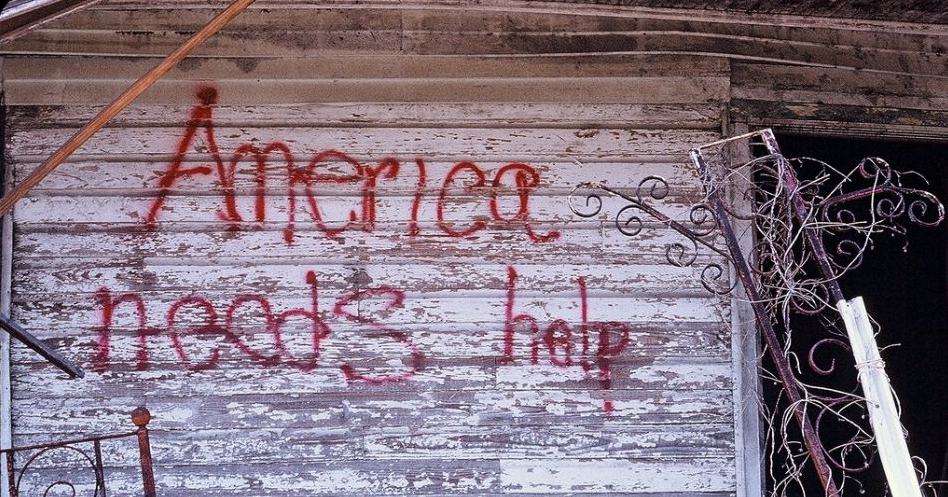 Dream, the state where they have painted themselves white, is the deathbed of us all. The Dream is the same habit that endangers the planet. . . .” —Ta-Nehisi Coates, "Between the World and Me"
Dream, the state where they have painted themselves white, is the deathbed of us all. The Dream is the same habit that endangers the planet. . . .” —Ta-Nehisi Coates, "Between the World and Me"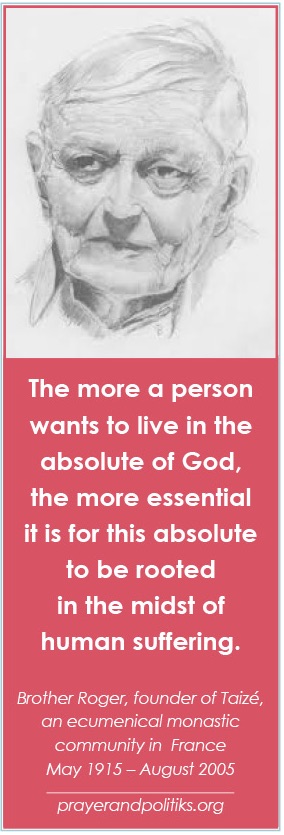 ¶ Hopeful news. “The solar industry added jobs at a rate nearly 20 times faster than the national average last year,” according to a
¶ Hopeful news. “The solar industry added jobs at a rate nearly 20 times faster than the national average last year,” according to a  ¶ Fear mongering. Since 9/11, foreign-inspired terrorism has claimed about two dozen lives in the United States. Meanwhile, more than 100,000 have been killed in gun homicides and more than 400,000 in motor-vehicle accidents. Moreover:
¶ Fear mongering. Since 9/11, foreign-inspired terrorism has claimed about two dozen lives in the United States. Meanwhile, more than 100,000 have been killed in gun homicides and more than 400,000 in motor-vehicle accidents. Moreover: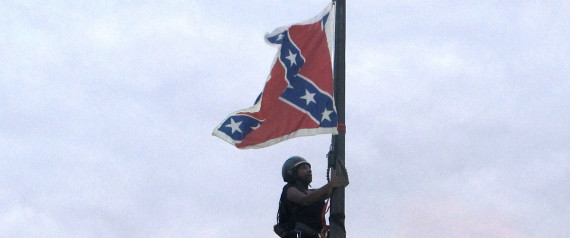 “Question: As a young girl, your grandmother saw the Klan dragging her neighbor out of a house. What did she think of you scaling that pole?
“Question: As a young girl, your grandmother saw the Klan dragging her neighbor out of a house. What did she think of you scaling that pole?